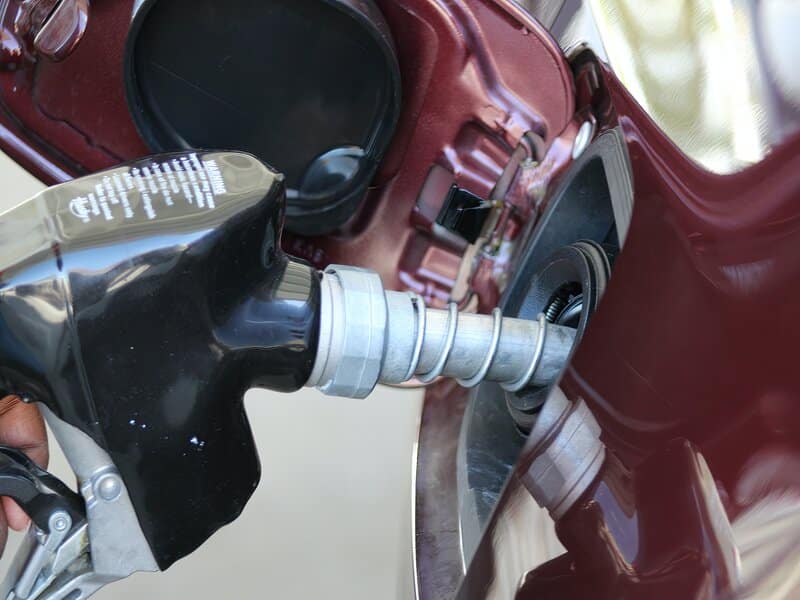6 Super Simple Tips To Improve Your Vehicle’s Fuel Economy

The fuel economy has become one of the top concerns in the past few years for two reasons. First, oil prices have gone up substantially over the past few years – the national average price for a gallon of fuel today is around $5.00—up about 62 percent from $3.08 a year ago This has made people think of ways to get the most from the dollars spent on fuel. Second, air pollution, climate change, and other forms of environmental damage have reached dangerous levels. Better fuel efficiency is one important way of helping the environment.
Fuel economy primarily depends on how the vehicle is driven, its mechanical condition, and the environment in which it’s driven. So, you can achieve good fuel economy by adopting some good driving habits and through proper maintenance of your vehicle. Following are some driving habits that can help you get good mileage from your vehicle:
1. Drive sensibly
According to the Alternative Fuels Data Center (AFDC), aggressive driving habits such as braking, rapid acceleration, and speeding can reduce mileage by 5% when you are driving around the town and a whopping 33% at highway speeds. Avoid unnecessary acceleration and braking, and when accelerating, do so smoothly.
2. Slow down
Speeding increases fuel consumption and decreases mileage as a result of air resistance and rolling resistance. It has been shown that for most vehicles, fuel economy reduces substantially at speeds of over 50mph. By reducing speed by 5-10 mph, you can improve fuel economy by 7%-14%. Use cruise control when possible as it helps maintain a constant speed and you don’t burn additional fuel on unnecessary acceleration.
3. Use the air conditioner
While most people believe that rolling down the windows and turning off the AC can help save fuel. However, experts are of the opinion that with modern cars, it is more efficient for people to drive with their windows rolled up. It is better to use the vehicle’s air conditioning to cool down than the breeze.
4. Remove extra clutter
Many people have this habit of carrying their entire household with them wherever they travel. You can find golf kits, tents, books, backpacks, and more such stuff loaded into the vehicles at all times. Most of us don’t realize that this extra load affects the fuel economy adversely. An additional load of even 100 pounds can reduce fuel efficiency. By removing extra weight from both the inside and outside (roof racks, bike racks) of the vehicle, you can improve your fuel economy.
5. Check tire pressure
Under-inflated tires can impact your vehicle’s fuel consumption adversely so it is essential to maintain proper tire pressure. Under-inflated tires can reduce mileage by 0.3 percent for every 1 psi decrease in pressure of all of the tires. Proper tire pressure reduces the drag and resistance on asphalt and as a result, increases the mileage. It also reduces the risk of wearing down the tire treads quickly. So, you should check the owner’s manual for the correct PSI for your vehicle’s tires and ensure that the tires are properly inflated at all times.
6. Ensure regular vehicle maintenance
Poor vehicle maintenance can affect your fuel economy. Simple maintenance such as regular air-filter changes, oil changes, and spark plug replacement, can improve the fuel economy. Regular maintenance also helps minimize emissions and prolong the life of your vehicle. Follow the manufacturer’s recommended service schedule.
Whether you want to schedule routine maintenance, need new tires, or a repair service, we’re always here when you need us.
